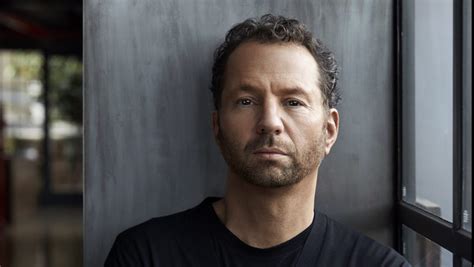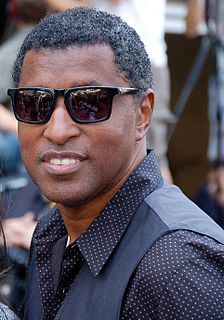A Quote by David Byrne
The imminent demise of the large record companies as gatekeepers of the world's popular music is a good thing, for the most part.
Related Quotes
If you have good songs and a real desire to make music, the next thing to do, instead of approach record companies, is to get yourself a really good manager because then it allows you to focus on your profession of being a musician. Then they can focus on the darker art of the record label and the music industry.
When it all started, record companies - and there were many of them, and this was a good thing - were run by people who loved records, people like Ahmet Ertegun, who ran Atlantic Records, who were record collectors. They got in it because they loved music... Now, record companies are run by lawyers and accountants.
There are companies that are good at improving what they're already doing. There are companies that are good at extending what they're doing. And finally there are companies that are good at innovation. Every large company has to be able to do all three - improve, extend, and innovate - simultaneously.
Early American music and early folk music, before the record became popular and before there were pop stars and before there were venues made to present music where people bought tickets, people played music in the community, and it was much more part of a fabric of everyday life. I call that music 'root music.'
Unfortunately, you don't get artist development anymore. Record companies have become a huge corporate thing. It used to be you'd meet someone [in the business] and they'd have a little history of music. Some people in the companies now don't even like music. It's just a job. So I miss the days when someone would go out on a limb and pick a band that was different. I just don't see that anymore. It's the same with the film industry.



































